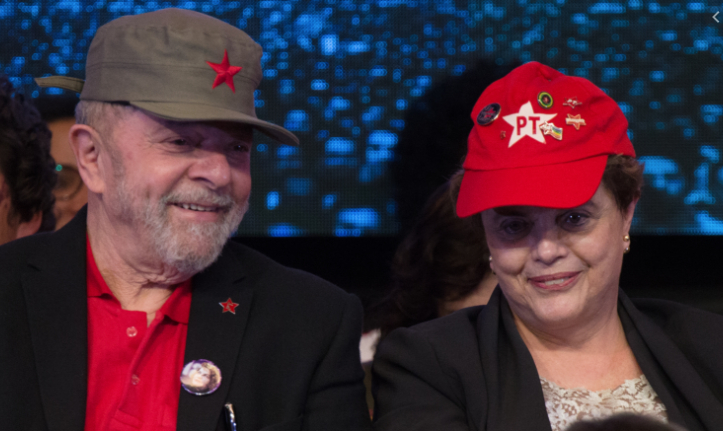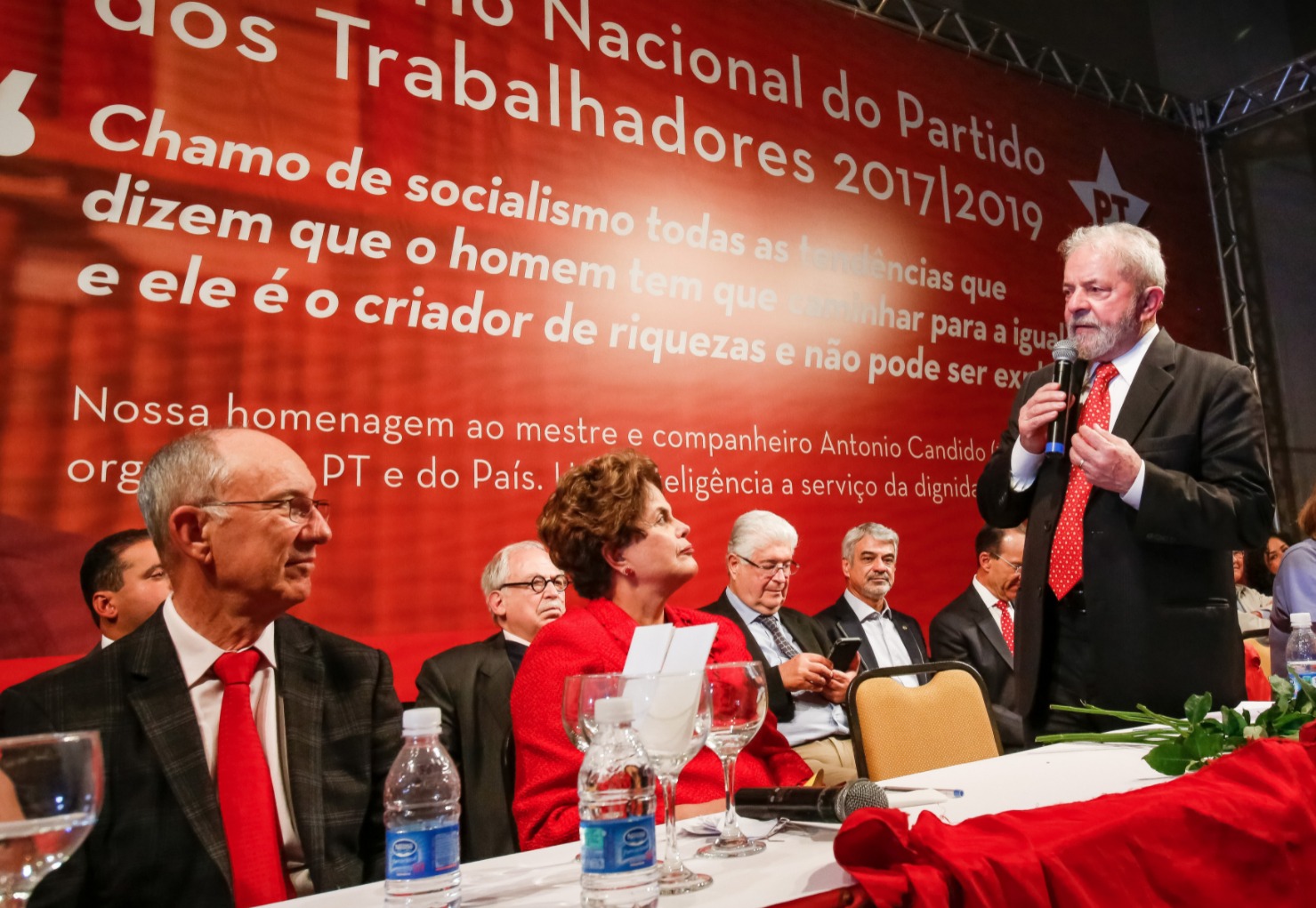The Workers’ Party (Partido dos Trabalhadores, or PT) refuses to critically evaluate the Lula and Dilma administrations. The party insists on a mistaken narrative that is capable of reelecting Bolsonaro next year. Although less absurd than the obscurantist paranoia currently in the government, the PT’s daydreaming is also harmful to Brazil.
The PT doesn’t recognize the mistakes that threw the country into the worst recession of its history in the 2010s. Thus, the party suggests that Lula will adopt the same disastrous economic policies that he had previously implemented in an eventual third term. This is exactly the fuel for anti-PT feelings that turbocharges the preferences for Bolsonaro.
Furthermore, by disqualifying all those who don’t align themselves with the PT, calling them “coup plotters” and “radical neo-liberals”, PT politicians reduce the chances of attracting voters in a contest with Bolsonaro in the second round of 2022.
The economic disaster produced by the PT occurred gradually. Lula faced great challenges in his first government and delivered surprisingly good results thanks to a virtuous programmatic coalition that, unfortunately, didn’t last long.
Redistributive policies, like Bolsa Família, are important. But only a sustainable growth strategy can reverse centuries of social exclusion. This requires predictable economic policies, capable of protecting the currency’s stability, guaranteeing balanced fiscal accounts and strengthening the business environment.
During the second Lula administration, it became clear that this was not the PT’s objective. Its goal was to expand public spending and intervene in the economy through state-owned companies and autarchic government organizations, such as the Central Bank, following the primer of PT economists.
The change of economic orientation
The turnaround in the economic orientation began with the ascension of Dilma and Mantega, at the end of Lula’s first term, replacing the team that had guaranteed the foundations of growth in the 2000s. Spending accelerated with the 2008 global financial crisis and was exacerbated during Rousseff’s administration, when the bad results began to appear.
Expensive subsidies didn’t increase investment. Inflation exceeded the target, but the government forced the Monetary Policy Committee (COPOM) to cut the basic interest rate in 2011. From then on, Dilma froze administered prices in a clumsy attempt to control inflation.
This is a flagrant turnaround of priorities. Macroeconomic policies should keep the economy stable so that companies invest and produce more. The president did the opposite, using state-owned enterprises as a tool to achieve macroeconomic goals. As a result, the economy went into stagflation (inflationary recession).

The virtuousness of Lula’s first government was due in part to the president and other PT leaders who put together a team capable of combining economic stability with income distribution policies. But the party’s merits stop there. By distancing themselves from the economic consensus built in the early 2000s, the second Lula administration and the first term of Dilma produced a real disaster. The stagflation of the 2010s punished especially the poorest, reversing the social gains of the previous decade.
Despite its tremendous failures, however, the PT refuses to be self-critical. When Lula reintroduced himself (politically) to the country last month, he adhered to his usual parallel reality, characterizing Petrobrás as a “well-managed state-owned company.”
It is not only corruption that has victimized Brazil’s largest company. Government interference in fuel prices and oil field auctions has done even more damage. Corruption is terrible, but it isn’t our worst evil. We probably wouldn’t become a developed country with only honest politicians, but we would have a chance if we didn’t insist on wrong economic policies.
Economic failure
Without assuming such failures in conducting the economy, the PT can only explain the party’s downfall based on conspiracy theories. Yes, Lula’s conviction and Rousseff’s impeachment were illegitimate. However, both institutional atrocities only occurred in Brazil because of the economic crisis managed by these two former presidents. More than a simple revenge of the elite, the fall of the PT was a consequence of its own mistakes.
Economics and politics are interdependent forces that relate to each other in remarkably complex ways. Presidents are more likely to fail to be reelected when the country is in stagflation. As a result, Dilma almost lost in 2014 and Bolsonaro may fail next year.
However, when economic crises are too deep, democracy itself is capable of collapsing. This is what happened in 1964 and, in a more gradual, albeit equally unfortunate way, has been underway in Brazil since 2014.
The PT’s insistence on a mistaken view of the recent past strengthens the Bolsonarist authoritarian project, counterbalancing the deleterious effects of its appalling “necropolitics.” This PT narrative makes it impossible to build a broad coalition of Brazilian democrats—including PT leaders—whose electoral strength could rid the country of the autocracy that Bolsonaro intends to impose on the country.
The economic disaster of the 2010s is first and foremost the PT’s responsibility. Bolsonarism is its political consequence. For history not to repeat itself, it is imperative that the guilty acknowledge their mistakes.
Translation from Spanish to English by Ricardo Aceves













